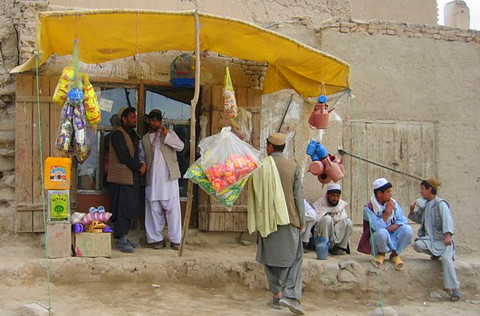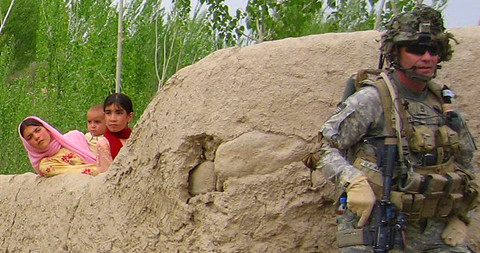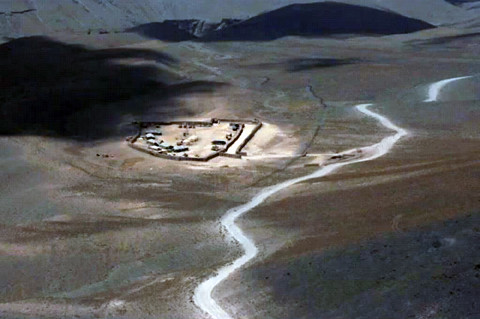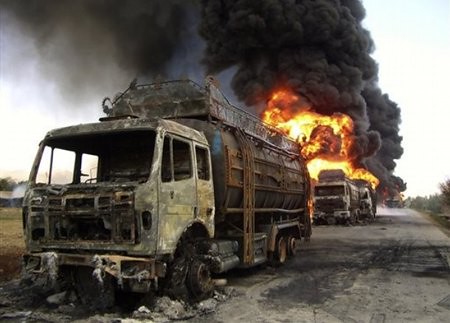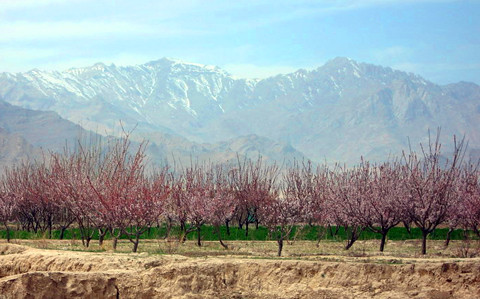
An orchard in Logar Province, Afghanistan
Three U.S. troops died in blasts in Afghanistan, bringing the death toll for July to at least 63 and surpassing the previous month’s record as the deadliest for American forces in the nearly 9-year-old war.
The American deaths this month include Petty Officer 2nd Class Justin McNeley from Kingman, Arizona, and Petty Officer 3rd Class Jarod Newlove, 25, from the Seattle area. They went missing last week in Logar Province south of Kabul, and the Taliban announced they were holding one of the sailors.
McNeley’s body was recovered there Sunday, and Newlove’s body was pulled from a river Wednesday evening, Afghan officials said. Taliban. The discovery of Newlove’s body only deepened the mystery of the men’s disappearance nearly 60 miles (100 kilometers) from their base in Kabul.An investigation is under way, but with both sailors dead, U.S. authorities remain at a loss to explain what two junior enlisted men in noncombat jobs were doing driving alone in Logar – much of which is not under government control.

